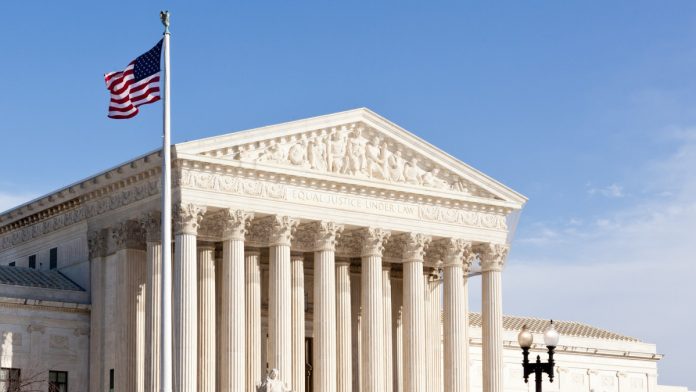The U.S. federal government has asked for a second extension to the deadline for filing its response in the West Flagler and Associates case in the U.S. Supreme Court, where West Flagler is challenging the compact between Florida and the Seminole Tribe.
On Thursday, U.S. Solicitor General Elizabeth Prelogar requested the court push back the date for the Department of Interior‘s retort to May 12, writing in the new filing that the extension “is necessary because the attorneys with principal responsibility for final preparation of the government’s response have been heavily engaged with the press of other matters before the court.”
The Department of Justice, on behalf of the DOI, was initially directed to reply to West Flagler’s filing by Feb. 12 but last month was granted an initial extension until April 12.
In the initial filing to SCOTUS that petitioned for a writ of certiorari, West Flager asked SCOTUS to hear its case, which questions whether Department of the Interior Secretary Deb Haaland was within her powers to approve the 2021 compact between the state of Florida and the Seminoles.
If the court grants the extension, it pushes the potential response from the court back into the summer.
West Flagler remains active with filings
A battle over the compact is also ongoing at the state level, where West Flagler has sued Gov. Ron DeSantis and the legislature on the basis that they overstepped their power to approve the compact. The suit also questioned whether the compact is legal as voters passed Amendment 3 in 2018, which requires that any expansion of gambling go to the voters.
Last month, the Florida Supreme Court ruled against West Flagler, denying the casino operator’s argument for a writ of quo warranto in part because a quo warranto petition “is not, and has never been, the proper vehicle” to challenge the compact.
Following that decision, West Flagler wrote to SCOTUS to highlight that the Florida court decision stated that the compact, which authorizes forms of gambling including mobile sports betting with the Seminole Tribe, decrees that participants “may be physically located anywhere in Florida when they place a wager, not only on tribal lands. Then, regardless of where the bets are placed, the wagers are ‘deemed’ to occur on tribal lands.”
WFA argues that this description contradicts how the federal D.C. Circuit Court categorized the compact. The Circuit Court decided that it could only rule on the parts of the compact that take place on tribal lands and directed WFA to take up the off-lands issue in the Florida Supreme Court.













